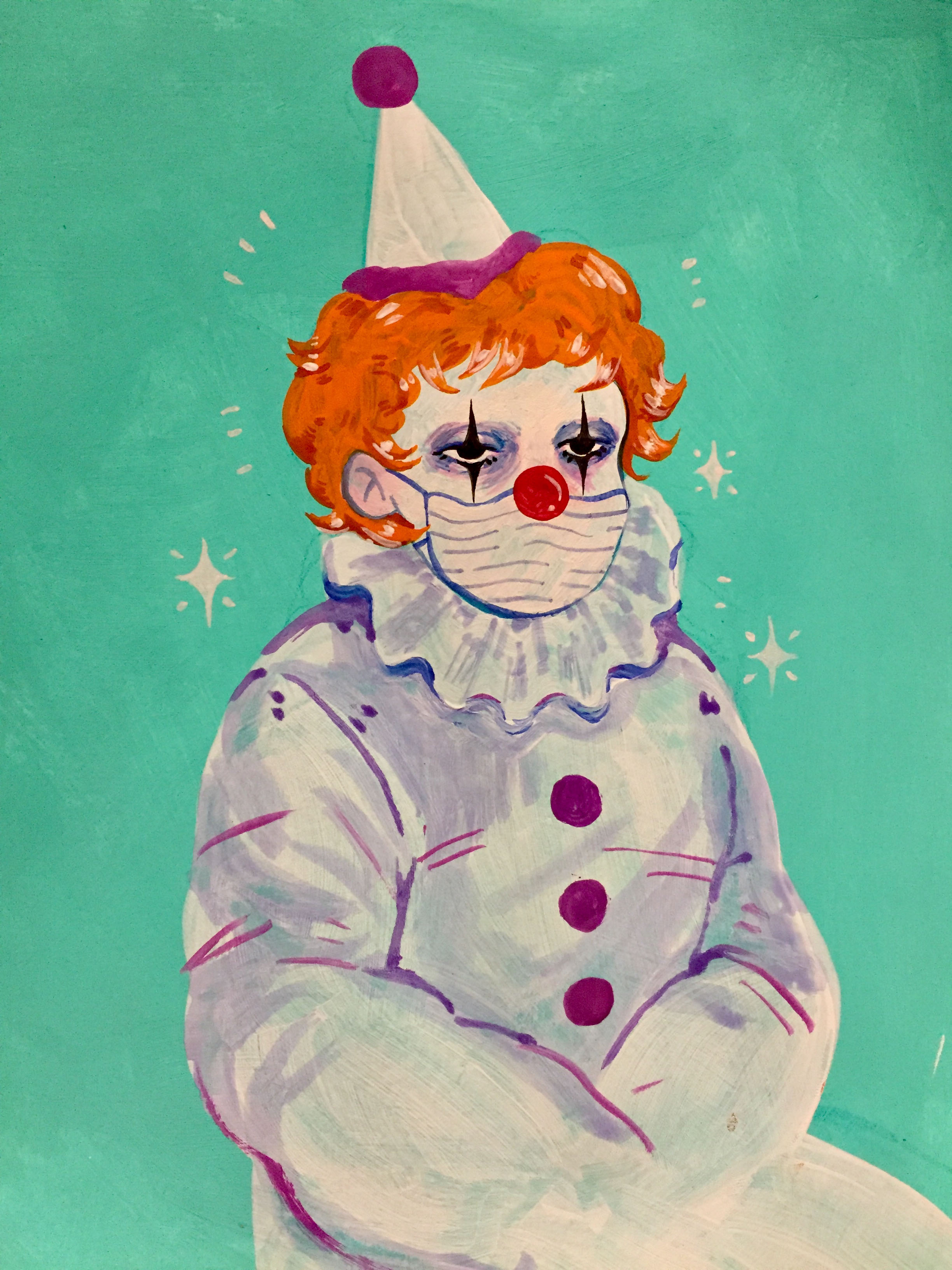The COVID-19 pandemic has halted the regular bustle of Montreal life, and with it, halted its entertainment industry. Cirque du Soleil was forced to lay off 95 per cent of its staff; music festivals, including Osheaga and Ilesoniq, were postponed; and even the world-famous comedy festival, Just For Laughs, was delayed and moved online. Montreal’s comedy scene has been equally impacted: In fact, it initially ceased altogether. As the lockdown and public health restrictions led to cancellations of every comedy event, Montreal, for the first time in a while, wasn’t laughing.
In the early days of quarantine, performers and producers of local comedy shows were forced to adapt to new public health regulations. Large audiences could no longer gather in small bars, and those who braved social distancing had to wear masks and allow for venues to be sanitized between performances. Essentially, in-person shows went on a break.
Some attempted to join the ranks of entertainers around the world by performing on Zoom. While these efforts were commendable, a key aspect of stand-up comedy remained missing: A visible audience. Comedy show producer Sid Khullar described the connection between performers and their audiences as integral to the success of a show.
“You want comedy that you can enjoy with other people,” Khullar said. “The audience [is] pretty much on mute. So even if you have 100 people on mute you can’t really see what’s happening [….] There’s a disconnect.”
As public health restrictions gradually lifted, Montreal’s comedy shows only slowly returned. Producers organized outdoor shows in parks and backyards that respected new health guidelines. Khullar even decided to run his new festival, the Montreal Comedy Series, under socially distant conditions. He pointed out that especially with the postponement of Just For Laughs, the city’s comedy shows needed to gain momentum.
“Every year, when JFL does their festival, the rest of the comedy scene gets […] a little push from them,” Khullar said. “Comedy is no longer in the back of people’s minds.”
While many producers and comedians adapted their in-person shows to accommodate public health guidelines, others expanded their mediums. Comedian Quinn McMorrow, host of the weekly show Comedy At The Art Loft, was already planning on releasing an Art Loft podcast in the fall, but accelerated his timeline amidst the pandemic. Rather than attempting to do socially distant shows, McMorrow and his roommates started the comedy podcast Artloft Radio. Guests include other comedians, as well as Montreal locals with unique stories. The goal of the show, McMorrow explained, is to provide an outlet away from the politically charged reality discussed in many comedic settings.
“We thought, why don’t we have a podcast that’s just light and fun and not topical,” McMorrow said. “We can get into serious stuff, but in a lighthearted manner.”
In many ways, the pandemic stimulated comedians’ creativity and drive to generate content. McMorrow pointed out that isolation has taught comedians that a performance can be successful even without typical comedy conventions.
“When summer hit, that’s when you saw people get really innovative and have shows in the park or along the canal,” McMorrow said. “It’s good that we’re all sort of retooling ourselves and seeing what we can do.”
Despite the uncertainty and fear that the pandemic brought, Montreal’s comedy scene has endured. Months of quarantine and logistical challenges may have discouraged comedians and producers at first, but ultimately led to a boom in creative solutions. Zoom shows, outdoor venues, distanced festivals, podcasts, and sketch videos all continue to engage audiences in one way or another, showcasing Montreal creatives’ renewed inspiration for comedy. The city’s community proved that while the coronavirus may persist, so does the resilient spirit of Montreal’s comedy scene.
Sid Khullar’s upcoming comedy events can be found on Mtlcomedyclub.com. Quinn McMorrow’s upcoming series BOMS (Best Of Montreal Sketch) will be released Sep. 20th.









